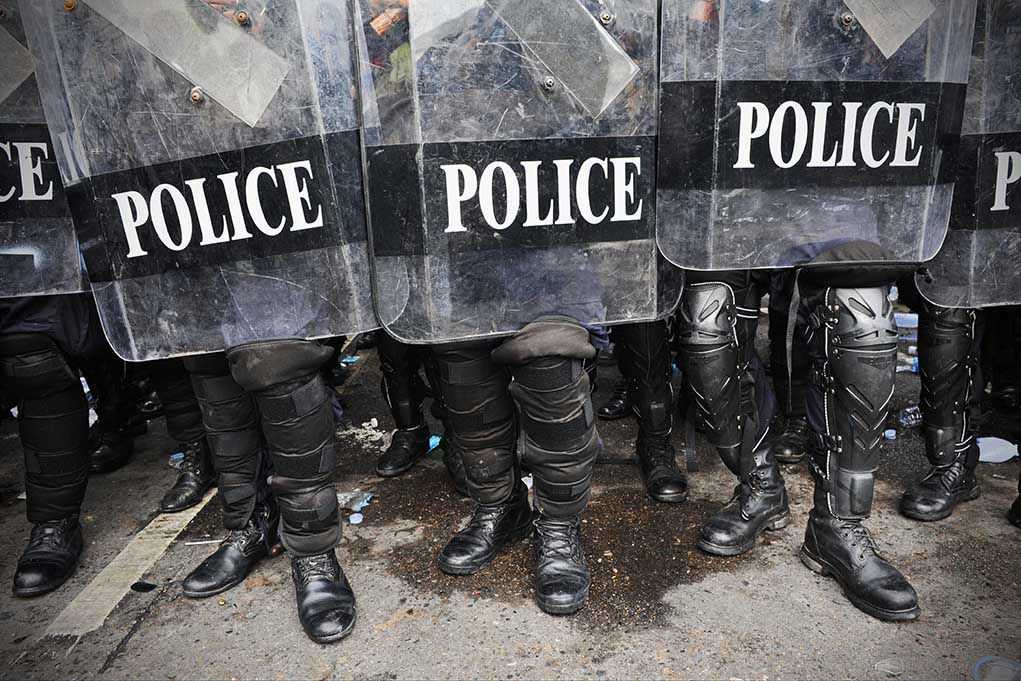
A new proposal threatens operational effectiveness in law enforcement, reigniting debates over gender-based physical standards.
Story Highlights
- Hegseth doctrine advocates for military-style physical standards in police departments.
- Critics argue current standards compromise public safety for gender equality.
- Historical incidents, like a 1992 marshal case, highlight risks of lowered standards.
- Debate centers on balancing operational effectiveness with diversity goals.
Proposal for Military-Style Standards in Law Enforcement
In 2025, a contentious proposal emerged to extend the military’s “Hegseth doctrine” to police departments, advocating for the highest male standard in physical fitness. This doctrine, named after Secretary of Defense Pete Hegseth, emphasizes operational effectiveness over gender equality. Critics argue that lowering physical standards in law enforcement, aimed at increasing female representation, could compromise public safety.
The proposal highlights historical incidents, such as a 1992 event where a female marshal was overpowered by a suspect, underscoring potential risks of relaxed standards. Advocates for the doctrine argue that merit-based, gender-blind standards are essential for maintaining public safety in law enforcement roles.
Impact on Gender and Operational Standards
The push for applying the Hegseth doctrine in policing raises questions about the balance between diversity goals and operational effectiveness. Proponents argue that high physical standards are necessary to ensure public safety and operational readiness. However, feminist organizations warn that such measures could exclude women from essential roles, hampering diversity and innovation in law enforcement.
Critics of the doctrine suggest that modern policing relies more on intelligence and technology than physical strength, advocating for standards that reflect the actual demands of the job rather than gender-based metrics. The debate continues as law enforcement agencies navigate legal, operational, and diversity goals amid this contentious proposal.
Legal and Social Implications
The proposal to adopt the Hegseth doctrine in police departments could have significant legal ramifications, potentially leading to renewed litigation under disparate impact theory. This legal framework addresses standards perceived as discriminatory, emphasizing the need for job-related criteria that do not disproportionately affect certain groups.
As the debate unfolds, the implications for gender roles and equality in law enforcement become increasingly significant. The issue serves as a flashpoint in broader cultural discussions about meritocracy, diversity, and the role of gender in public safety professions.
Sources:
Hegseth’s Warrior Culture Risks Excluding Women from Military Service
Canceling Feminism: Apply Hegseth Doctrine to Police Women, Too, Says Writer















